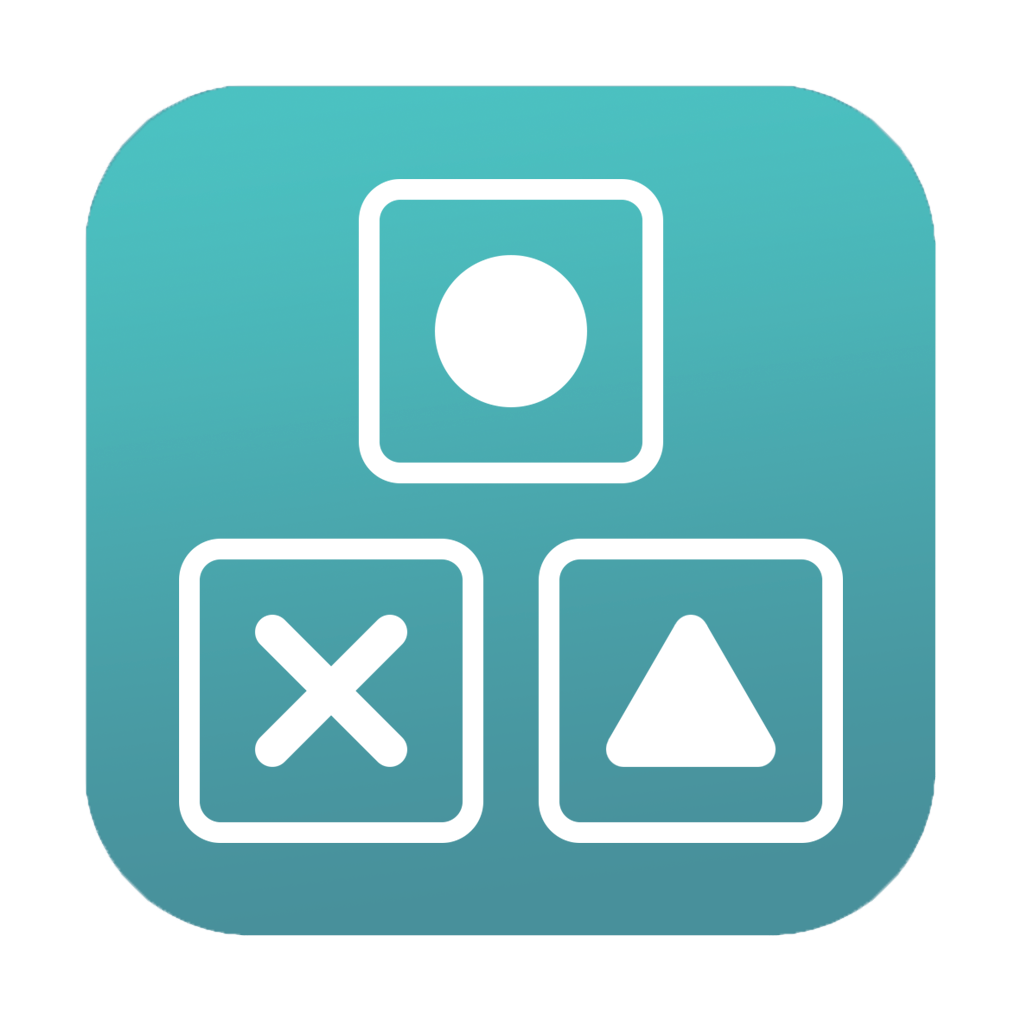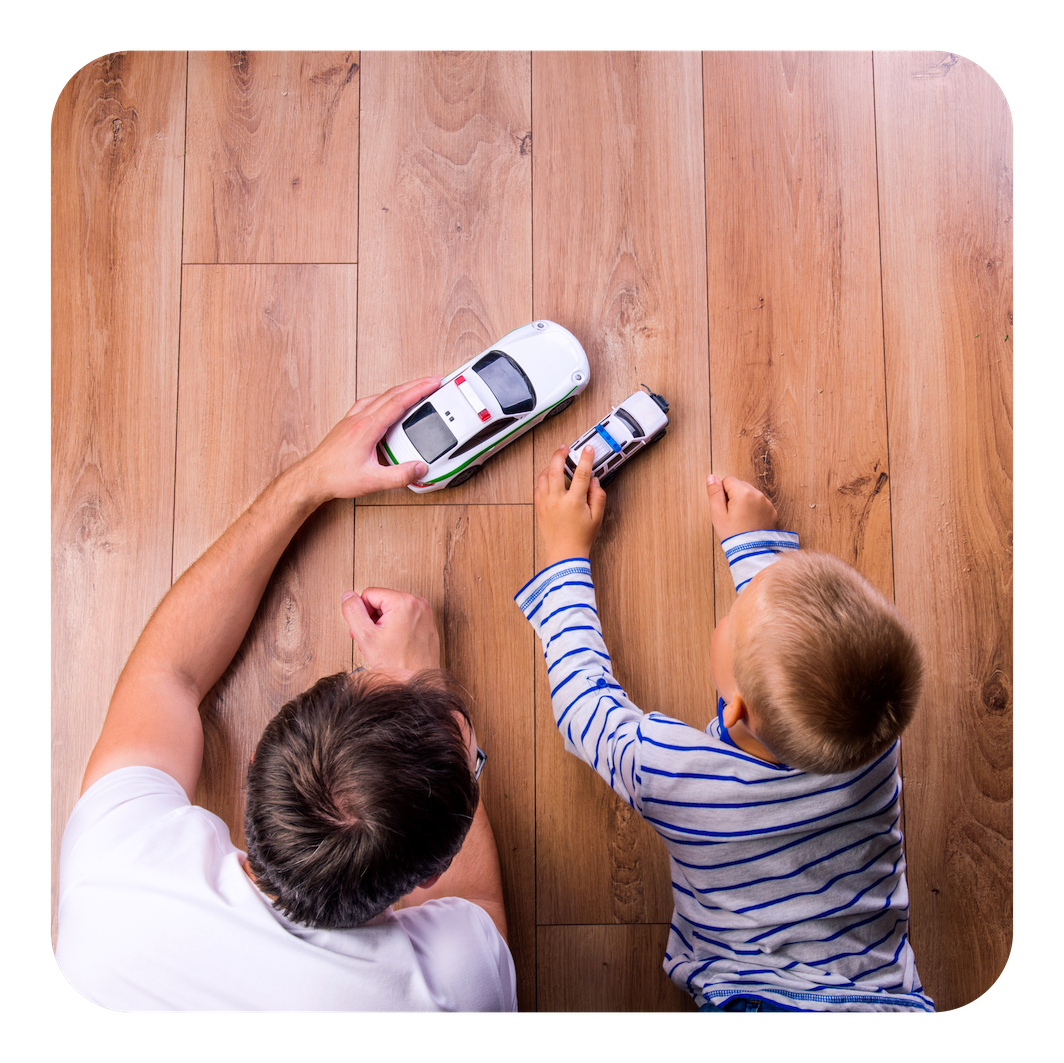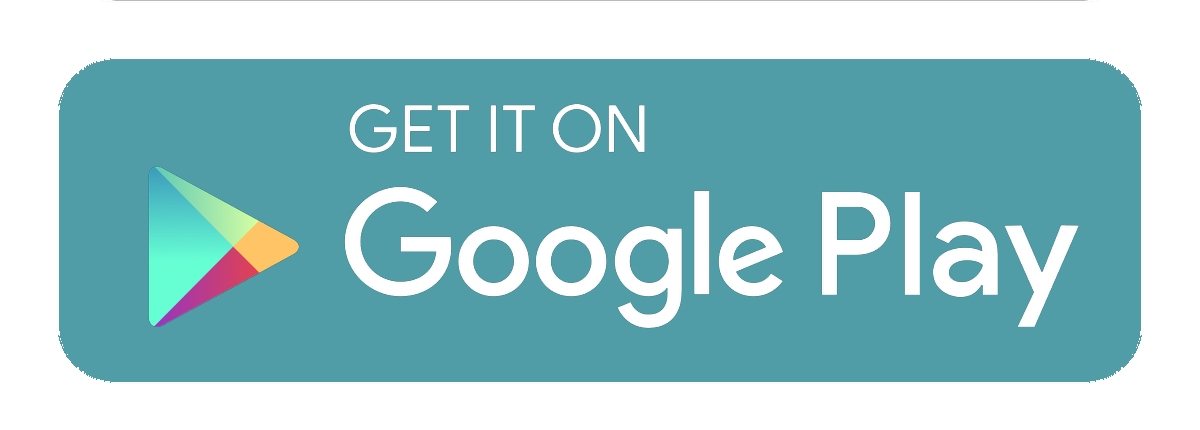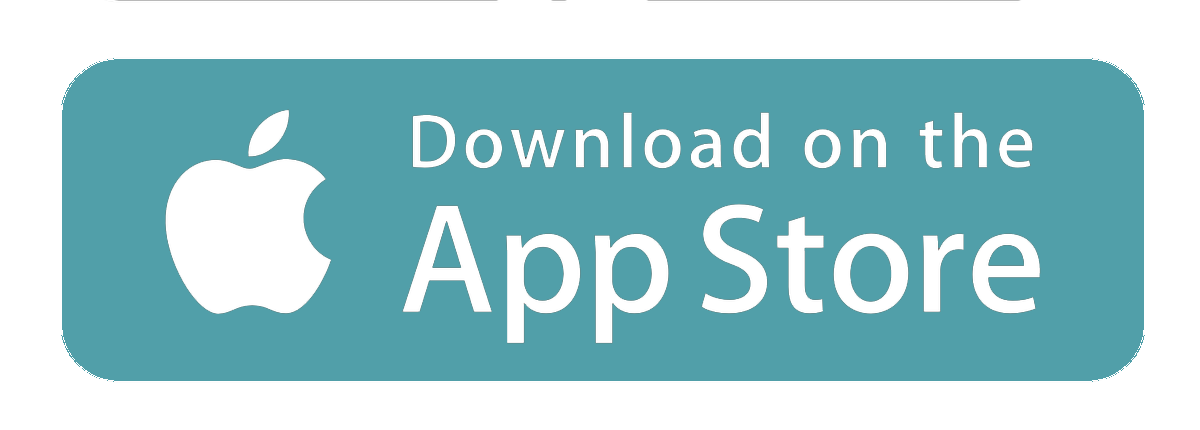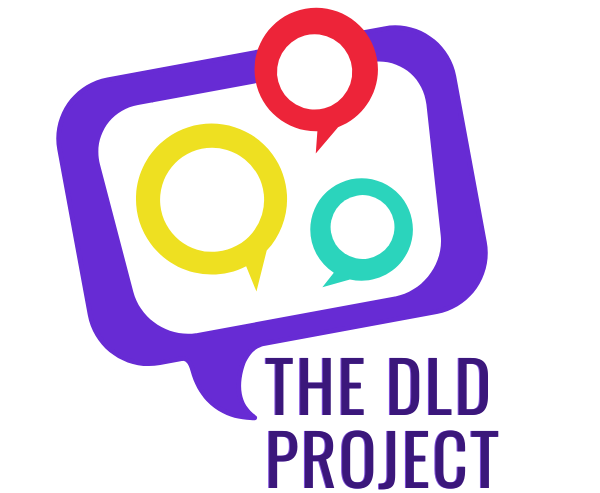
Developmental Language Disorder
Developmental Language Disorder (DLD), formerly known as Specific Language Impairment (SLI), is a long term condition that affects a child’s ability to understand and use language. It’s a neurobiological difference and is often described as the ‘hidden disorder’ it is more common than autism and as common as dyslexia.
Key Points
DLD is a neurobiological difference that makes speaking and listening difficult.
Two children in every classroom have developmental language disorder, it is very common.
DLD is 5 times more prevalent than autism.
It is a long term condition but support can help to improve language and communication.
Diagnosis
DLD is diagnosed when a child has persistent difficulties at acquiring language without a biomedical condition such as; Autism, neurological disease, genetic syndrome, sensorineural hearing loss or intellectual disability.
Causes
DLD is considered to have risk factors, however there is no known cause. Genes are believed to play a part, as it has been found to run in families. Boys are more likely to have DLD than girls. Language exposure or lack of is not a cause of DLD neither is being bilingual.
Signs
Birth and Older: Does not smile or interact with others
4-7 Months: Does not babble
7-12 Months: Makes only a few sounds or gestures, like pointing
12-18 Months: Says only a few words
7 - 24 Months: Does not understand what others say
3-5 Years: Difficulty following instructions when not in a routine
1.5 - 3 Years: Does not put words together to make sentences
2-3 Years: Has trouble playing and talking with other children
Source: Identify the signs of developmental language disorder
Source: DLD and Me
Social & Emotional Development
Children with DLD have been found to be twice as likely to experience emotional difficulties. Communicating feelings and forming friendships can be harder with DLD, however Speech and language therapists can help to support this part of development as well.
Strategies to Support Children with DLD
Use simple short sentences
Visual cues
Summarise
Link Words
Comment rather than question
Offer choice questions
Extend children’s sentences
Recast
Source: Speechblog UK
Start using Speech Rocket today while you wait to see a therapist
Visual cues, commenting, recasting, self talk, parallel talk and choice questions are all in speech rocket and are home strategies to help support children’s language development while you wait to see a speech therapist.
DLD in the Media
Thanks to RADLD: Raising awareness for developmental language disorders efforts, DLD has featured more frequently in the media in the past few years.
Developmental Language Disorder: The most common childhood condition you've never heard of:
Professor Courtenay Norbury debunks some myths about children with this common but poorly understood condition
Suffering in silence:
There is a special educational need more prevalent than autism – one that is likely to impact on children in every school. But very few teachers have heard of it and even fewer know how to help.
Hidden disorder hinders speech of 860,000 children:
At least 860,000 children in the UK are suffering from a little-known condition that causes learning difficulties and continues into adulthood, experts say.
Living with Developmental Language Disorder (DLD)
A speech therapist mum describes her experience with DLD, her family used all of the early learning strategies but soon realised she had DLD.
A young woman with Developmental Language Disorder (DLD) explains what it is like to live with this condition.
Do you know about Developmental Language Disorder (DLD)? Eddie & Dyls (9yrs) find out about DLD 1-2-3!
DLD Associations
Is an Australian site, they provide evidence based information, resources and training for families, educators and therapists.
ICAN is the UK’s children’s communication charity, they provide training, resources and have an enquiry line for parents.
Group of Speech Therapists and Doctors are raising awareness about DLD and offering support and resources for parents and teachers.
The National Association of Professionals concerned with Language Impairment in Children has online resources and conferences.
Additional Resources for Developmental Language Disorder
FACT SHEETS
ICAN: DLD Fact Sheet
RADLD: DLD Fact Sheet
RCSLT: DLD Fact Sheet
AFASIC: What is DLD?
PODCASTS
Harvard Edu Podcast: Bringing a Hidden Language Disorder to Light
The Talking DLD Project
IDENTIFY THE SIGNS
ASHA: Identify the Signs of Speech and Language Disorder
